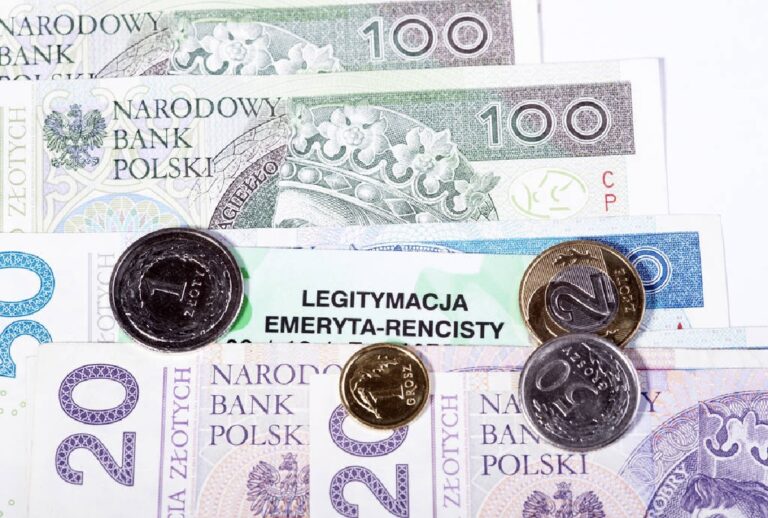The recent ban of the „Messi108com” account on a popular online platform has shed light on a thriving industry that has been operating under the radar in Poland. The account, which was used to sell replica football jerseys and other sports merchandise, was abruptly shut down, leaving many of its customers in the dark. But what’s more surprising is the sheer scale of this industry and the number of players involved.
According to recent estimates, the replica market in Poland is worth over PLN 1 billion (approximately EUR 230 million) annually, with thousands of online stores operating on platforms like Yupoo and WeChat. These stores offer a wide range of counterfeit products, from sports jerseys to luxury fashion items, often at a fraction of the original price.
The Messi108com account was unique in that it was a public-facing platform that accepted online payments, making it easier for customers to purchase products without having to engage in clandestine WhatsApp transactions. However, its popularity was short-lived, and its removal from the online platform has left many wondering about the legitimacy of such businesses.
Industry insiders claim that the replica market in Poland is larger than ever, with new players entering the market every day. The COVID-19 pandemic has only added fuel to the fire, with more people turning to online shopping as a way to circumvent lockdown restrictions.
But what’s alarming is the lack of awareness among Polish consumers about the illegal nature of these businesses. Many people are unaware that purchasing counterfeit products is illegal and can have serious consequences, including legal action and financial losses.
A quick search online reveals that there are over 10,000 online stores operating on Yupoo alone, offering replica products. These stores often use fake celebrity endorsements and forged certificates of authenticity to lure in unsuspecting customers.
The Polish government has been sluggish in its response to this growing problem, with many calling for stricter regulations and harsher penalties for those found guilty of selling counterfeit products.
As the replica market continues to grow in Poland, it’s essential for consumers to be aware of the risks involved in purchasing counterfeit products. Not only is it illegal, but it also supports organized crime and can result in financial losses.
In conclusion, the ban of the Messi108com account is just the tip of the iceberg when it comes to the replica market in Poland. With thousands of online stores operating in the shadows, it’s essential for consumers to be vigilant and for the government to take action to curb this growing problem.
Sources:
* „Counterfeit goods market in Poland worth PLN 1 billion” – Polska Times, 2022
* „Poland’s e-commerce market grows by 20% during pandemic” – RetailTimes, 2020
* „Yupoo: The Chinese e-commerce platform that’s become a hub for counterfeit goods” – Wired, 2020


